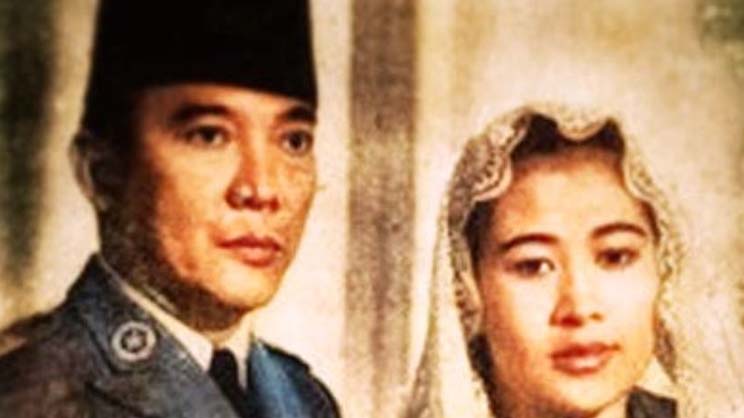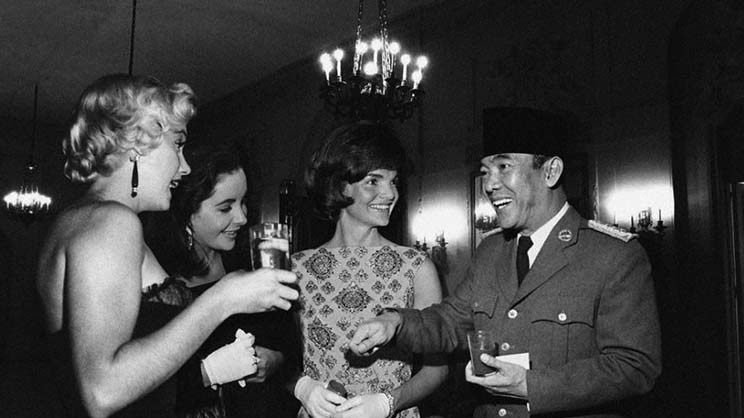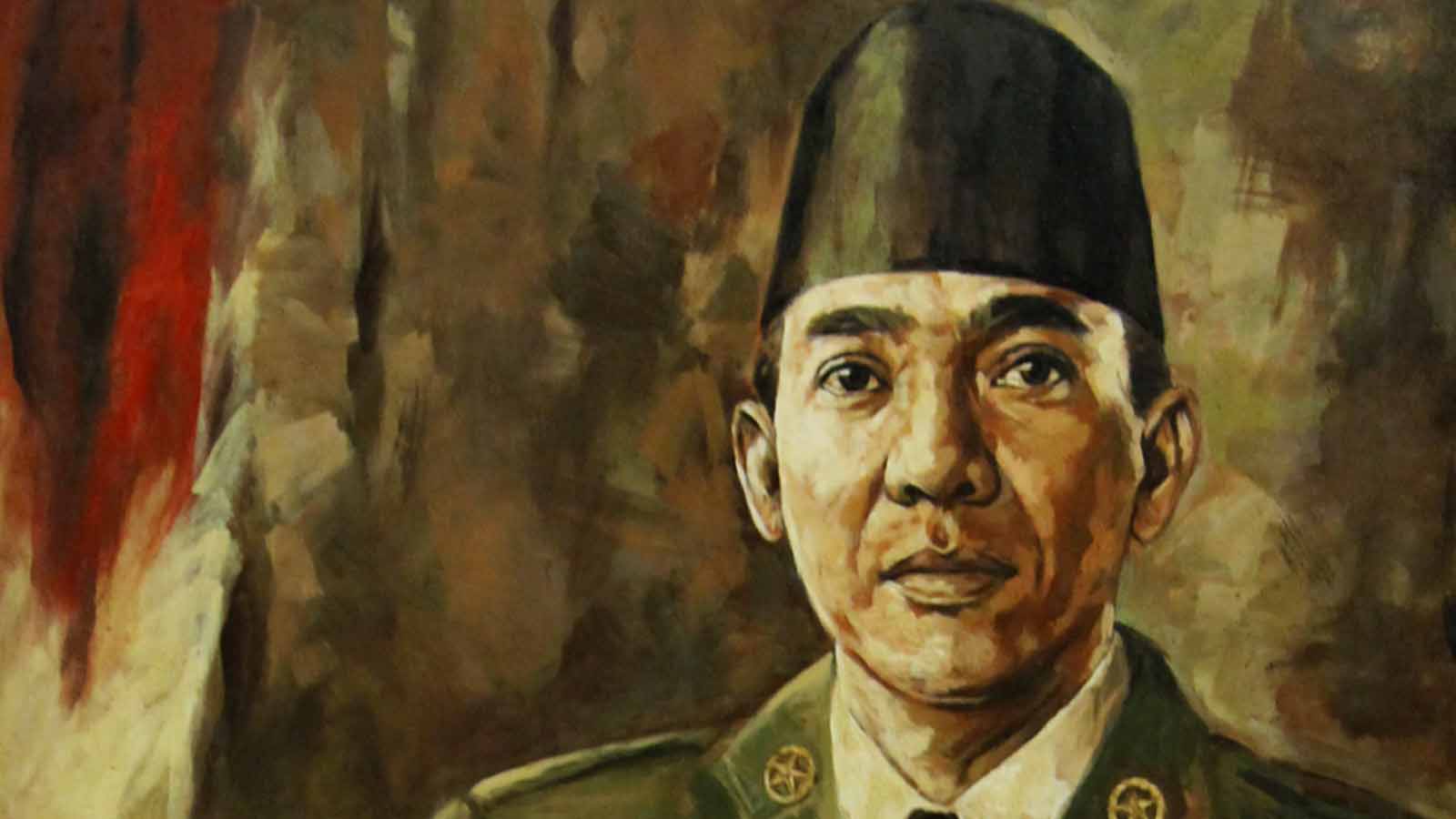The Soekarno Tape Scandal, a perplexing chapter in Indonesian history, has resurfaced in 2023, reigniting debates and investigations. This scandal revolves around a purported tape from the 1950s, allegedly showcasing Sukarno, Indonesia’s first president, in a compromising situation with a Soviet spy. The tape, believed to be a tool for Soviet blackmail, has its authenticity and existence under scrutiny. This year’s reemergence of the case invites a closer look at the intricate interplay of espionage, politics, and Sukarno’s legacy.
| Aspect | Detail |
|---|---|
| Scandal Overview | Alleged sex tape involving Sukarno and a Soviet spy, used for blackmail |
| Historical Context | Tape dates back to the 1950s; Sukarno was a prominent figure in the Non-Aligned Movement |
| Recent Developments | Indonesian authorities reinitiated an investigation in 2023 |
| Main Controversies | Authenticity and existence of the tape, its impact on Sukarno’s legacy |
| Key Players | Sukarno, Soviet Union (KGB), CIA |
| Current Relevance | Investigation aims to resolve historical uncertainties and assess impact on human rights |
The Intricacies of the Soekarno Tape Scandal

The origins of the Soekarno tape date back to the 1950s, during the height of the Cold War. Sukarno, known for his role in the Non-Aligned Movement, found himself embroiled in a power play between the Soviet Union and the United States. The tape, purportedly recorded by the Soviet intelligence agency, KGB, allegedly featured Sukarno in intimate moments with a woman believed to be a Soviet spy. This tape was supposedly a leverage tool, intended to coerce Sukarno into aligning with communist interests in Indonesia and globally.
Contrary to expectations, Sukarno’s reaction to the tape was of defiance and confidence. He allegedly requested additional copies of the tape to showcase to his friends and allies, claiming it as a testament to his sexual prowess and a victory over the spy. This unanticipated response left the Soviet Union’s blackmail attempts ineffective.
The CIA’s role in this scandal, as claimed in Joseph Burkholder Smith’s book “Portrait of a Cold Warrior,” adds another layer of complexity. The book alleges that the CIA, too, attempted to use the tape against Sukarno but to no avail. This claim has fueled debates about the extent of international espionage and interference in Indonesian politics.
The 2023 Investigation: Seeking Truth and Closure
In 2023, the National Commission on Human Rights of Indonesia reignited the investigation into the Soekarno tape scandal. New leads purportedly emerged, prompting a fresh examination of the tape’s authenticity and whereabouts. This investigation is not just about uncovering historical truths; it’s also about understanding the tape’s impact on Sukarno’s legacy and human rights implications.
The investigation, while supported by many, including Sukarno’s relatives, faces criticism and skepticism. Opponents question the relevance of revisiting a decades-old scandal in modern Indonesia. Doubts about the tape’s existence and concerns over the investigation’s motives and potential political implications are prevalent.
Despite the challenges, the Komnas HAM is committed to following all leads, including reaching out to former KGB and CIA operatives. The investigation aims to bring clarity to a chapter of history that has long been shrouded in mystery and controversy.
The Cultural and Political Impact of the Soekarno Tape Scandal
The Soekarno Tape Scandal, more than just a tale of espionage, is a window into the intricate political and cultural dynamics of the mid-20th century. Sukarno, a pivotal figure in Indonesia’s struggle for independence, navigated the complex waters of Cold War politics. The scandal underscores the extent of foreign influence and intervention in Indonesian affairs, a theme that resonates with contemporary discussions about national sovereignty and historical narratives.
Sukarno’s response to the alleged blackmail – a blend of defiance and pride – was emblematic of his larger-than-life persona. Known for his charisma and political acumen, Sukarno’s handling of the scandal enhanced his reputation among supporters as a leader unyielding to foreign pressure. However, the scandal also provided fodder for his detractors, who saw it as a blemish on his character and leadership.
The involvement of the KGB and the CIA in the scandal highlights the extent of Cold War espionage activities in shaping global politics. Indonesia, a strategic nation in Southeast Asia, became a battleground for influence between the Soviet Union and the United States. The scandal, therefore, is not just about a tape; it’s about the larger geopolitical strategies employed by superpowers in their quest for global dominance.
In contemporary Indonesia, the scandal’s resurgence prompts a reexamination of its history and its leaders’ roles. It challenges the nation to confront and reassess the narratives built around its founding figures. This reevaluation is crucial for a nuanced understanding of Indonesia’s journey as a nation and its position in the global arena.
The Investigation: Challenges and Expectations

The 2023 investigation faces the daunting task of piecing together events from decades ago. The search for the tape, if it exists, involves navigating through layers of historical records, eyewitness accounts, and possibly classified intelligence. The commission’s efforts signify a commitment to uncovering the truth, irrespective of the political and social ramifications.
A critical aspect of the investigation is balancing diverse perspectives. While some view it as a necessary step toward historical accuracy, others see it as an unnecessary dredging of the past. The commission must navigate these viewpoints, ensuring a comprehensive and unbiased approach to its inquiry.
The outcome of the investigation is eagerly anticipated. It holds the potential to either confirm long-held suspicions or debunk them, significantly impacting Sukarno’s legacy and Indonesia’s historical narrative. Moreover, it could offer insights into the methods and extent of foreign interference in Indonesia’s political past.
READ: Leeway Band Michael Gibbons Death And Obituary
Reflections on the Soekarno Tape Scandal
The Soekarno Tape Scandal, beyond its sensational elements, is a poignant reminder of the complexities of history. It exemplifies how the personal lives of leaders can become entangled with national and international politics. As Indonesia continues to navigate its path, understanding and learning from such episodes remain integral to its national consciousness and identity.
The scandal, its investigation, and the discussions it sparks are not merely about the past; they are about how a nation understands and comes to terms with its history. The Soekarno Tape Scandal, thus, remains a significant chapter in Indonesia’s ongoing narrative.






